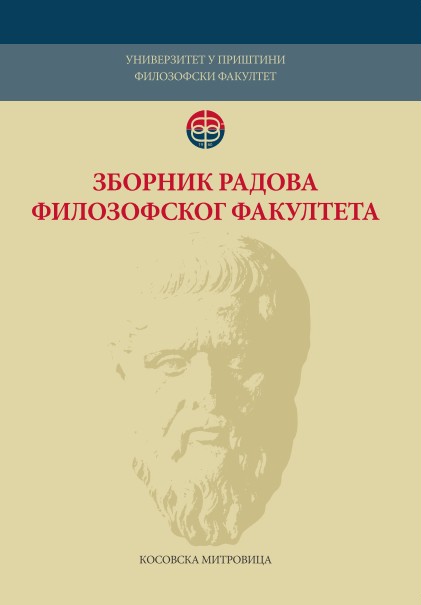Online Language Teaching and Learning: Anglistics Students' Perspectives on the New Educational Environment Imposed by the COVID 19 Outbreak
Online Language Teaching and Learning: Anglistics Students' Perspectives on the New Educational Environment Imposed by the COVID 19 Outbreak
Author(s): Marijana M. Prodanović, Valentina Gavranović M.Subject(s): Language and Literature Studies, Education, Foreign languages learning
Published by: Филозофски факултет, Универзитет у Приштини
Keywords: online language learning environment; COVID-19 pandemic; students' perspectives
Summary/Abstract: This paper focuses on students' perspectives on the quality of online teaching and learning environment, created, and organized as a response to the COVID-19 outbreak, which unexpectedly interrupted the traditional face-to-face education context and changed the delivery and mode of classes overnight. The aim of this research is to gather information pertaining to students' learning experience in an online education environment, and to gain a deeper insight into the nature of online delivery of classes as perceived by students who had not had any similar learning experience prior to this newly created educational context. The theoretical framework of the paper states the latest EU education policies passed as an immediate and urgent response to the pandemic and its aftermath. This pilot study relies on a qualitative research which includes the analysis of a corpus of questionnaires taken by a group of 52 undergraduate students majoring in English. The main part of the questionnaire is composed of open-ended questions, and the respondents were asked to write their own answers, thus providing a valuable resource for the analysis; the other part relies on one Likert-scale question measuring the overall attitude of the respondents to the online learning. The students' answers are analyzed and classified into several categories according to their common denominator. Not only do the results show the students' opinions related to the benefits and drawbacks of online delivery of classes, the comparison of online and traditional form of teaching and learning, types of courses which are more suitable to be delivered in one of these modes, and the students' suggestions how to improve the quality of online classes, but they also shed light on different aspects of online teaching and its complexities enhanced by social and psychological factors involved.
Journal: Зборник радова Филозофског факултета у Приштини
- Issue Year: 50/2020
- Issue No: 3
- Page Range: 231-248
- Page Count: 18
- Language: English

